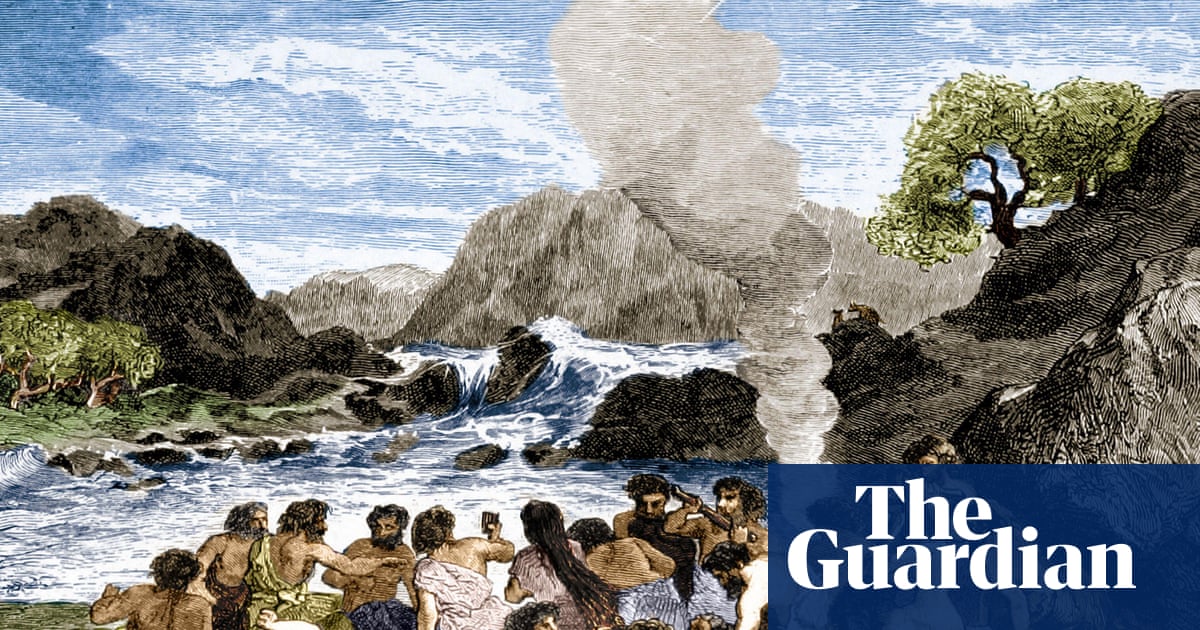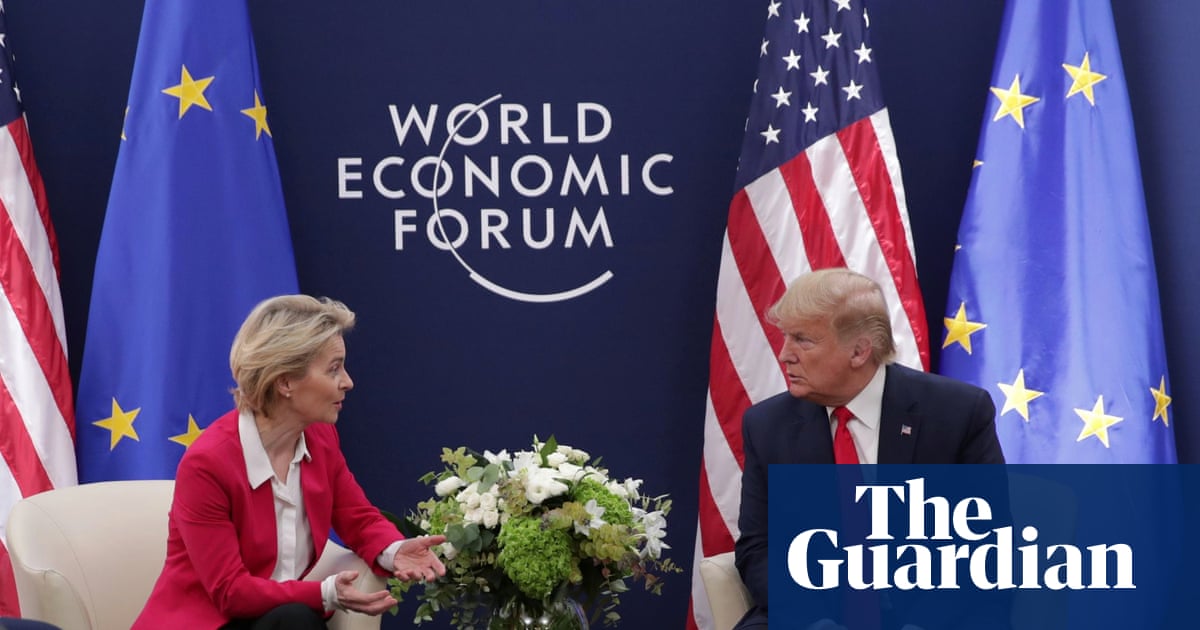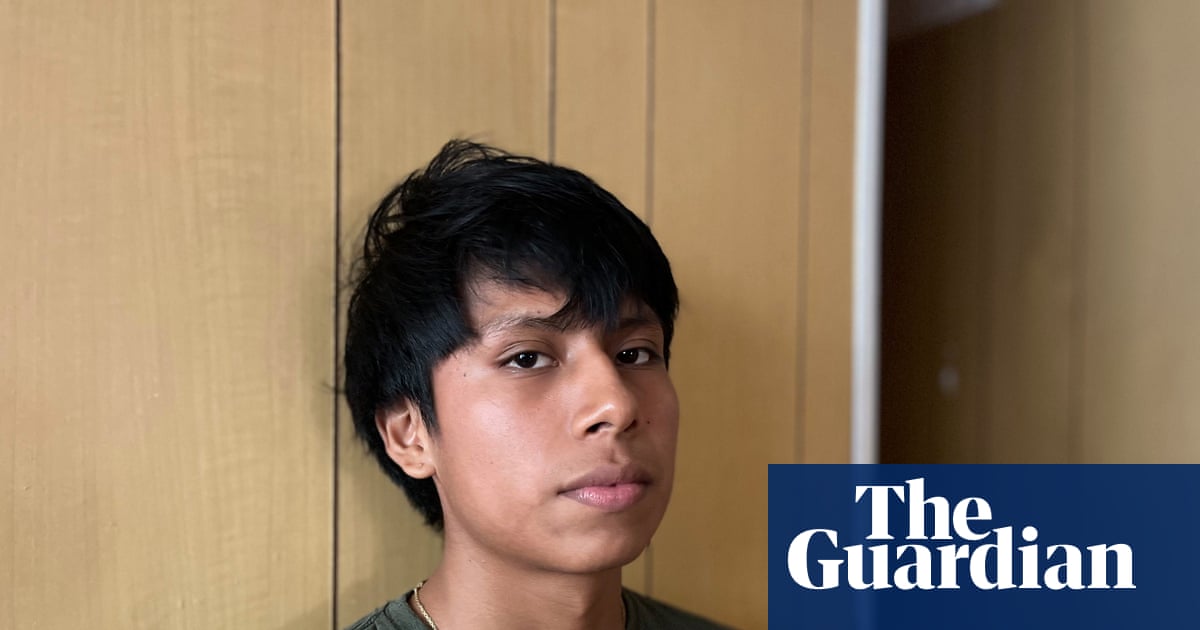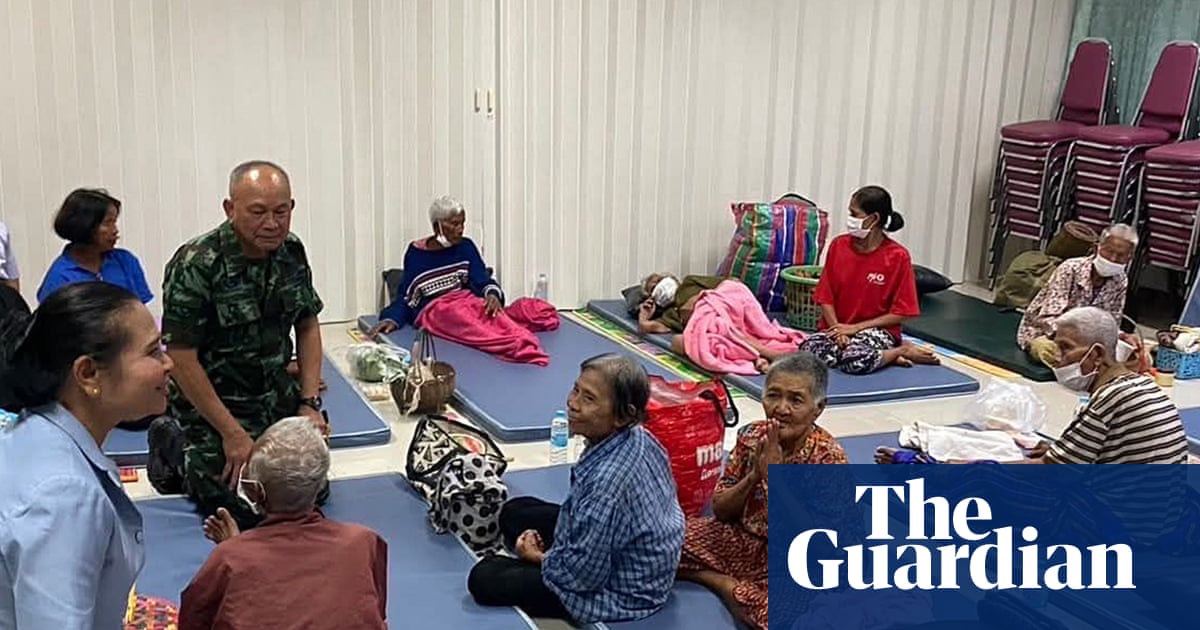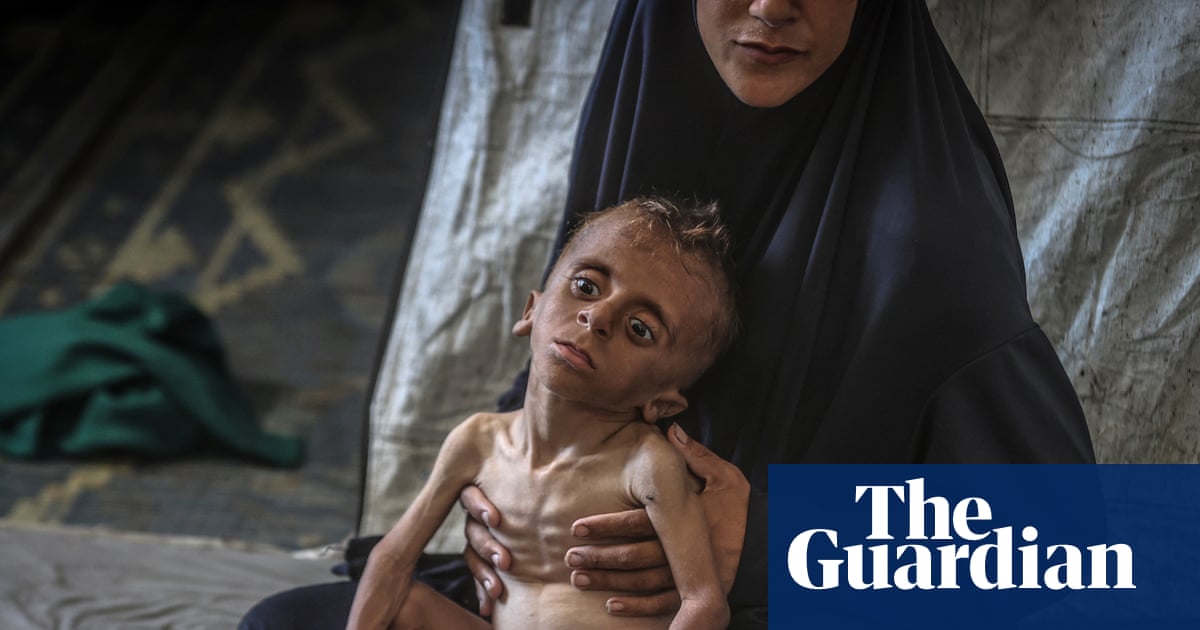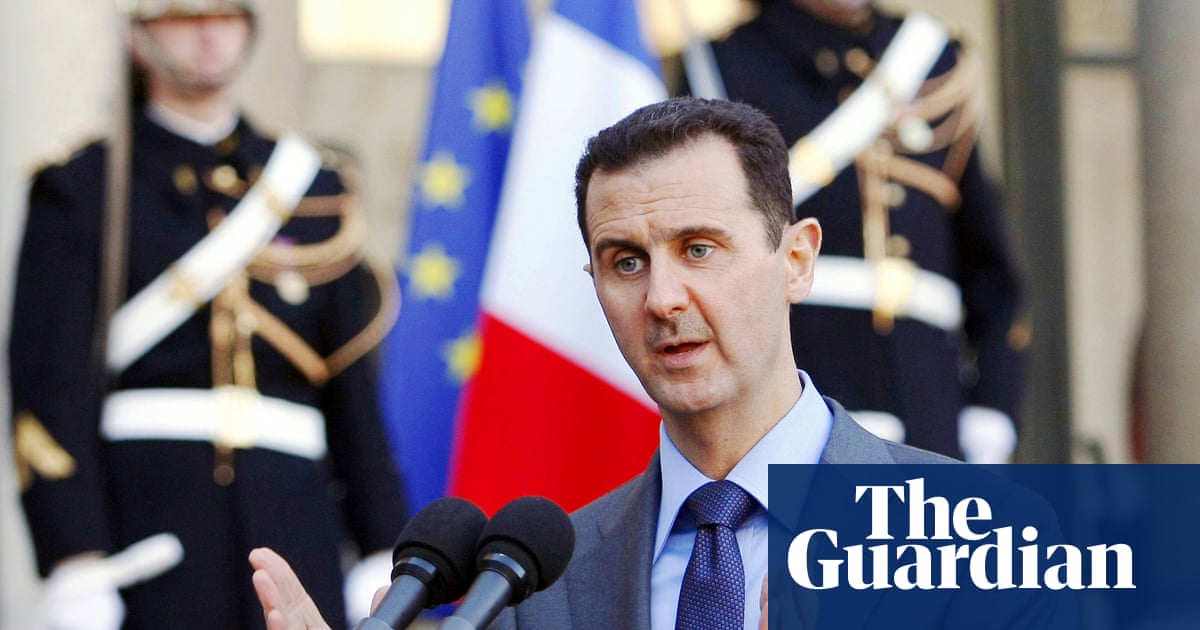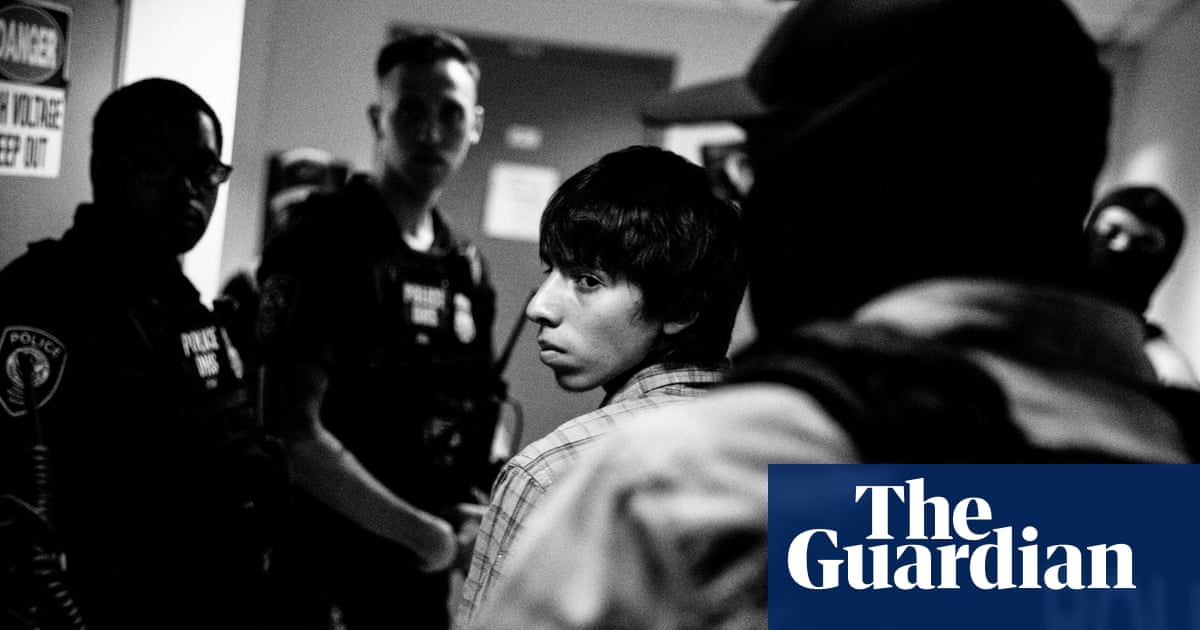A long-running border dispute between Thailand and Cambodia escalated dramatically on Thursday, with Thailand launching airstrikes on Cambodian military targets and accusing Cambodia of firing rockets and artillery.
At least 11 Thai civilians, including an eight-year-old boy, and a Thai soldier were killed in the violence. It is not yet clear if there are Cambodian casualties.
Thailand and Cambodia accused each other of opening fire first.
What is the dispute about?
The dispute between Thailand and Cambodia dates back more than a century, to when France, which occupied Cambodia until 1953, first mapped the land border.
The dispute over the border, which stretches across more than 508 miles (817km), has repeatedly erupted over the years, fanned by nationalist sentiment.
The most recent episode began in May, when troops briefly exchanged fire at a contested area, killing a Cambodian soldier. This led to a series of tit-for-tat actions by both governments: Thailand imposed border restrictions with Cambodia, while Cambodia banned imports of fruit and vegetables, broadcasts of Thai films, and cut internet bandwidth from Thailand, among other measures.
Tensions escalated further on Wednesday when five Thai military personnel were injured by landmines while on patrol. Thai officials, who have alleged the landmines were freshly laid, closed their north-eastern border crossings with Cambodia, withdrew their ambassador and expelled the Cambodian ambassador in protest. Cambodia said it was downgrading diplomatic relations with Thailand to their lowest level and recalling all Cambodian staff from its embassy in Bangkok. It has denied laying new landmines.
What is the political situation in the two countries, and how could the border clash affect them?
Cambodia is effectively a one-party state. It was ruled by the authoritarian leader Hun Sen for almost four decades, before he handed power to his son, Hun Manet, in 2023. Hun Sen is now the president of the senate and remains hugely powerful in the country. He may be attempting to shore up his son’s position by fanning nationalism, said Matt Wheeler, a senior analyst at International Crisis Group, who added that Hun Manet “governs in his father’s shadow and lacks an independent power base”.
Others note that the dispute may provide a welcome distraction from economic problems. Both Cambodia and Thailand are facing the prospect of a 36% US tariff from 1 August.
Thailand is gripped by a period of political instability, with its prime minister, Paetongtarn Shinawatra, suspended from office and her party accused of failing to act quickly over the border dispute.
Paetongtarn, the daughter of the influential former leader Thaksin Shinawatra, faced strong criticism over her handling of the border crisis after a recording of her discussing the problem with Hun Sen was leaked. She could be heard calling Hun Sen “uncle” and saying that if there were anything he wanted, she would “take care of it”.
Paetongtarn also made disparaging remarks about a senior Thai military commander – undermining an institution that is very powerful in Thailand, and which has frequently intervened in politics.
The call recording was especially damaging to Paetongtarn because Hun Sen is known to have been an old friend of her family – and critics accused her of putting personal connections before her country’s interests.
Her party, Pheu Thai, is “in a very fragile situation right now”, said Tita Sanglee, an associate fellow at the ISEAS–Yusof Ishak Institute. “They don’t have much option but to go along with what the military wants.” The government may feel that taking a stronger stance could win back public support.
How could the crisis be resolved?
Cambodia earlier asked the international court of justice (ICJ) to resolve the border dispute. However, this is unlikely to lead to a resolution as Thailand does not accept the court’s jurisdiction.
Anwar Ibrahim, the prime minister of Malaysia, which now chairs the regional bloc Association of Southeast Asian Nations (Asean), called on Thailand and Cambodia to “stand down”.
However, it is improbable, said Sanglee, that Asean, known for its non-interference policy, would be capable of trying to mediate the dispute – or willing to try.
“China is the only viable external mediator because it has direct leverage over Cambodia and also Thailand,” she added.
However, while China has strong economic ties with both countries, it is considered to be more closely aligned with Cambodia. This may create unease among officials in Bangkok. Neighbouring countries, which are already concerned about China’s dominance in the region, may also feel uncomfortable about Beijing playing such a role, added Sanglee.
Thailand’s caretaker prime minister, Phumtham Wechayachai, said fighting must stop before negotiations could take place. There had been no declaration of war and conflict was not spreading into more provinces, he said on Thursday.
Hun Manet has requested the UN security council convene an urgent meeting to discuss the crisis, accusing Thailand of “unprovoked military aggression”.

 1 day ago
6
1 day ago
6




